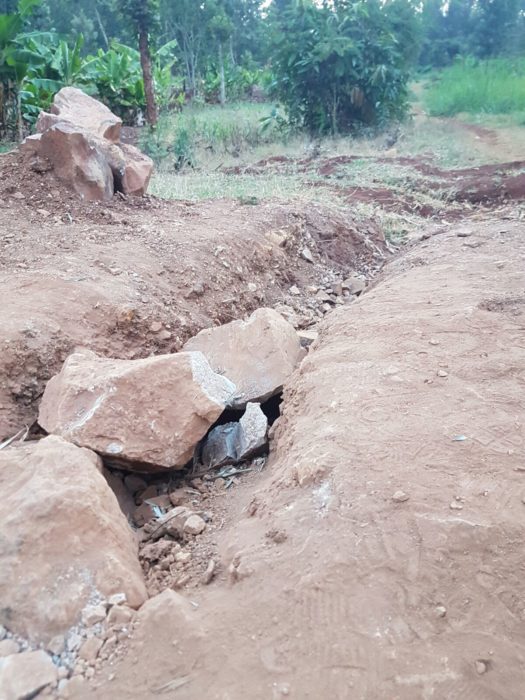Drought in Kenya raises concern beyond malnutrition

The lack of rainfall in late 2016 has resulted in a drought in Kenya, as well as in Ethiopia, Somalia and Uganda. In February 2017, the Kenyan government declared the drought to be a national disaster, severely affecting the arid and semi-arid regions of the country. Water bodies have dried up and food insecurity has increased, affecting 1.1 million children.
The drought has adversely impacted children and families. The UN Office for the Coordination of Humanitarian Affairs (UN OCHA) reports that food prices have increased by 20-30%, while livestock prices have decreased by 15-30% in the past 12 months. Families supported by Stahili face increasing food prices and less than optimal harvests from their family farms.
Families are struggling to search for grazing land, water and resources. An estimated 3 million people are in need of access to water, sanitation and hygiene (WaSH). Due to poor sanitation and lack of drinking water, there have been outbreaks of cholera, measles and kala azar (a deadly parasitic disease).
Education in Kenya has also been severely disrupted due to the drought. UN OCHA also reports that more than 175,000 children in ten counties are now out of pre-primary and primary school. As 90% of Kenyan schools are without a school feeding programme, the lack of food due to drought will only serve to decrease attendance and enrollment rates.
The drought raises a number of additional child protection concerns. During the 2010-2011 drought, the number of underage girls forced into child marriage greatly increased, as families struggled for food and livestock. This March, Stahili received reports that girls as young as eight years old have been forced into child marriage as a result of food insecurity in Turkana in the northeastern part of Kenya.
Children who are food insecure or not attending school are especially vulnerable to child labour or trafficking. CNN recently reported Stahili’s story about orphanage ‘recruiters’ actively recruiting children from vulnerable families and placing them in for-profit orphanages. Children are typically recruited on the false promise of food and education.
With drought impacting many counties in Kenya, families may become more vulnerable. The number of food insecure people is expected to rise to 4 million by April 2017 if humanitarian assistance is not provided. Stahili fears an increase in the number of child recruitments into orphanages in communities most affected by the drought. International humanitarian assistance is essential at this time, so that families can support their children with food.